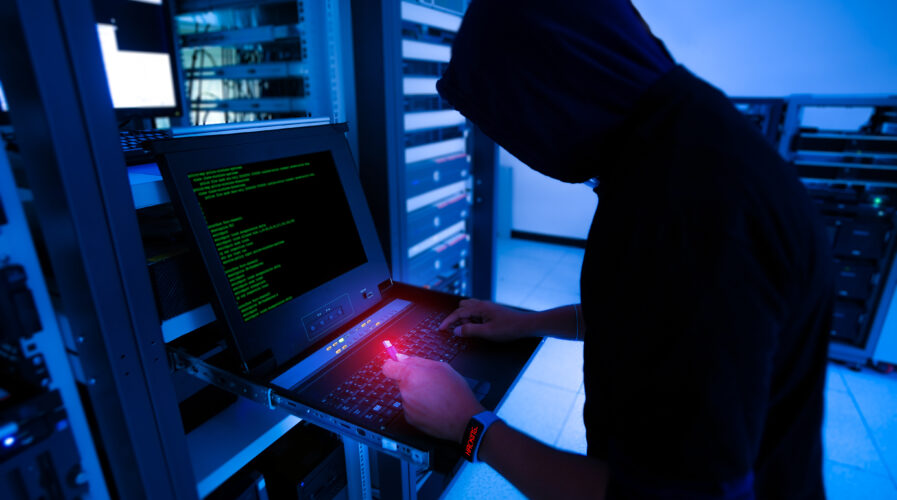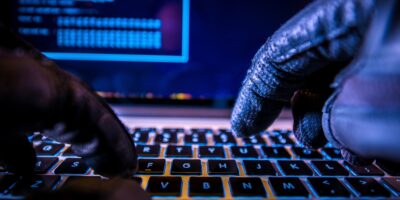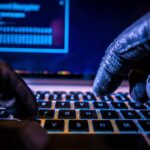
(Source – Shutterstock)
As SEA organizations anticipate data theft, APT, and ransomware attacks, are they prepared?
Data theft remains a big problem for organizations around the world. Millions have been lost from data theft over the years and many organizations are aware of the threats out there targeting time.
With that said, what should businesses do when they know their organization is inevitable from cyberattacks? Do they find the best ways to prevent the attacks from happening or do they react only when the attack takes place?
If an organization knows their company can be easily targeted by cybercriminals, shouldn’t they be looking for ways to boost their defense or improve their backup to avoid any business disruption?
In fact, a study by Kaspersky revealed the heightened awareness of business executives in Southeast Asia (SEA) about the sophisticated risks online with data theft, alongside Advanced Persistent Threat (APT) attacks and ransomware infections the highest on their list of concerns.
The study titled “How business executives perceive ransomware threat” showed that 77% of respondents in the region are most concerned about data theft. This does not come as a surprise as news about data breaches across the region was being reported almost regularly with wide victimology from e-commerce companies, digital services providers, hotel chains, insurance and health companies, and even government agencies.
Meanwhile APT attacks are usually leveled at high-value targets, such as nation states and large corporations, with the ultimate goal of stealing information over a long period of time. An APT attack uses continuous, clandestine, and sophisticated hacking techniques to gain access to a system and remain inside, with potentially destructive consequences.
However, the same study revealed that while the majority of the respondents anticipate a ransomware attack, almost 7 in every 10 (65%) of them believe that “the possibility of my organization being exposed to a ransomware attack is too small to worry about”. A majority (81%) of the surveyed non-IT executives in SEA also trust that the security measures they have in place are enough to protect them from a ransomware attempt.
“At first glance, it is good to see that the business executives here are confident about their security posture to defend their organizations against damaging online attacks such as ransomware. We should, however, be careful about not letting confidence breed complacency because the reality is a ransomware attack is not something too small for enterprises to be worried about,” commented Yeo Siang Tiong, General Manager for Southeast Asia at Kaspersky.
Yeo added that even though 72% of respondents from SEA believe that ransomware attacks are being shown as a bigger threat than they actually are by the media. The threats are also evolving and are transforming into a bigger menace that security systems and IT staffs should be ready for.
Since 2020, Kaspersky experts have been warning about “Ransomware 2.0”, cybercriminal groups that moved from hosting data to exfiltrating data coupled with blackmailing. The aftermaths of a successful attack include significant monetary loss and damaging reputation loss. This type of attack goes beyond kidnapping a company’s or an organization’s data. These groups are utilizing the increasingly valued digital reputation to force their prey to pay a hefty ransom.
As of 2020, at least 61 entities from the region were breached by targeted ransomware groups including companies from the light industry – including the manufacturing of clothes, shoes, furniture, consumer electronics, and home appliances; public service, media and Technology, heavy industry – including oil, mining, shipbuilding, steel, chemicals, machinery manufacturing; finance, and logistics.
The infamous ransomware groups Kaspersky experts closely monitor include REvil, LockBit, Conti, and more.
READ MORE
- Ethical AI: The renewed importance of safeguarding data and customer privacy in Generative AI applications
- How Japan balances AI-driven opportunities with cybersecurity needs
- Deploying SASE: Benchmarking your approach
- Insurance everywhere all at once: the digital transformation of the APAC insurance industry
- Google parent Alphabet eyes HubSpot: A potential acquisition shaping the future of CRM


